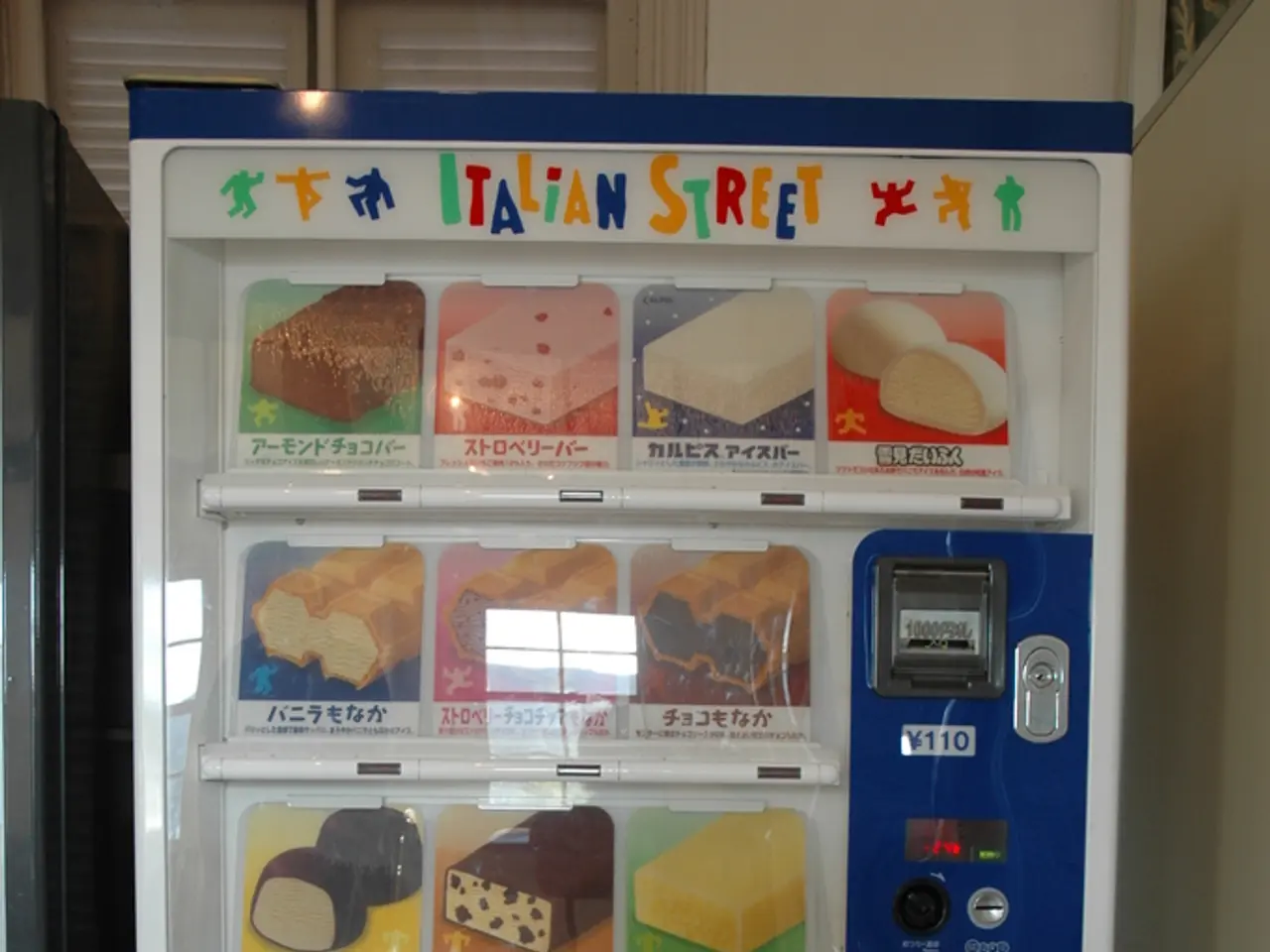App offering the most favorable deal for remitting $200 to South African migrant workers' homes.
In the bustling city of Johannesburg, a diverse workforce of migrant workers contributes significantly to the retail trade, salons, and the gig economy. Attracting a large workforce from Zimbabwe, Nigeria, Democratic Republic of Congo (DRC), Uganda, and other countries, the city has become a hub for international remittances.
Among the various remittance apps available, Mukuru, Hello Paisa, and Mama Money are the most popular choices among migrant workers. Zimbabweans tend to favour Mukuru and Hello Paisa, while Nigerians, Ugandans, and Congolese more commonly use Mama Money.
Cost-effectiveness, convenience, trust, and payout infrastructure suited to their home countries are the key factors influencing their choices. Migrants look for apps with the lowest fees to maximize the amount their families receive. Ease of use, speed of transfers, and simple app interfaces matter greatly. Reliability and the app’s established presence in the community also play a significant role in decision-making. The availability of reliable and accessible payout locations in their home country is critical, as is catering to the specific needs of families back home.
Transfer fees vary across providers and corridors. For instance, Zimbabweans paying through Hello Paisa or Mukuru can be charged up to 9%, while Mama Money charges 5%. Nigerians, Ugandans, and Congolese often prefer Mama Money for its competitive fees and digital-first experience.
Other platforms like WorldRemit and Sasai Remit are also options but are less highlighted in the specific South African migrant context. WorldRemit offers a low fee of R50 ($2.80) for $200, but Congolese refugees are excluded due to asylum policies. Sasai Remit offers zero-fee services, but the exchange rate can eat into the value received.
Informal channels for remittances involve a trusted person and cost between 5% and 15% per R100 ($5.60). On average, migrants send between $100 and $200 monthly for family support.
Emmanuel Bauma, a DRC national, uses Mama Money or informal channels when he cannot access WorldRemit due to asylum status. Tony Manyangadze, a Zimbabwean communications professional, uses Hello Paisa for its all-in-one functionality, short queues, mobile money, and grocery shopping capabilities.
The competition in Africa's high-volume remittance corridors is expected to intensify, with winners offering the lowest fees, best user experience, and most reliable service. The potential for higher remittance figures due to informal channels remains significant, with over $1 billion flowing annually to Southern African Development Community (SADC) countries, with Zimbabwe receiving almost half.
As the remittance landscape evolves, several apps have launched to facilitate remittances for migrant workers in South Africa. However, some remittance platforms require national ID or passports, excluding refugees, asylum seekers, and migrants in legal limbo.
[1] Source: Migrants Organise, Remittance Apps in South Africa: A Guide for Migrants, 2021.
- Although WorldRemit offers a low fee, it is less commonly used by migrant workers in South Africa due to asylum policies that exclude Congolese refugees.
- Embracing cost-effectiveness, convenience, and an established presence in the community, Tony Manyangadze, a Zimbabwean communications professional, is a user of the Hello Paisa app for its all-in-one functionality, short queues, mobile money, and grocery shopping capabilities.
- As the remittance landscape in South Africa continues to evolve, apps like Mama Money, with competitive fees and digital-first experience, are becoming more popular among migrant workers, particularly those from Zimbabwe, Nigeria, Uganda, and Democratic Republic of Congo (DRC), due to their catering to the specific needs of families back home and reliable payout infrastructure suited to their countries.




